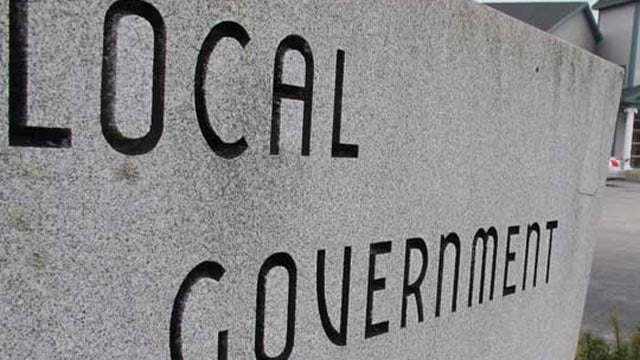
Dear local government chairpersons,
I trust this message finds you well. The recent supreme court judgment has decisively ruled that local government councils in Nigeria are entitled to receive their allocations directly from the federation account.
At this juncture, this judgment is final and binding, and all arguments are moot until and unless there is a review of the judgement. This judgement, far from being a mere administrative adjustment, fundamentally reshapes the powers, responsibility and fiscal autonomy of local governments in Nigeria.
Legal clarity and constitutional mandate
It is safe to conclude that by now all chairmen have at least a copy of the judgment, and have read and understood it, or have gotten a lawyer to do the same for you. The supreme court’s decision is not merely an interpretation of the law but a powerful, authoritative and clear directive that upholds the autonomy of local government councils.
It explicitly prohibits state governments or governors from controlling, managing, or disbursing funds meant for local government councils. The court has underscored the constitutional boundaries that must not be crossed. The judgement is unequivocal and has no loophole to exploit. The previous practice where states acted as trustees and disbursed local government funds is now deemed unconstitutional and illegal. Those days are far gone. This judgement fortifies the constitutional separation of powers and ensures that each tier of government operates within its defined limits, thereby preventing undue interference in the financial autonomy of local government councils.
Risks of non-compliance
Governor Seyi Makinde’s public reservation in regard to this judgment is his right as a citizen, but it stops at that and nothing more. Any active step to sidestep the judgment of the apex court under any guise will be deemed illegal and unconstitutional. I am mindful of the fact that Oyo state local government chairmen recently withdrew from the Association of Local Governments of Nigeria (ALGON).
I must state that freedom of association is not only for natural bodies but also legal entities too, so far such withdrawal is done in accordance to the law and under a resolution of the local government legislative council. It is good that you note that you are not overlords, and that your local government area is not a serfdom. The local government legislative council has a role to play in whether or not you withdraw from ALGON, and there must be a resolution to that effect from the council.
Furthermore, and more importantly, any local government chairman who claims to prefer the old regime of joint allocation account over the current position of the law that stipulates direct payment of allocations to local government accounts is not only merely holding a political opinion but also on perilous legal ground with far-reaching implications and it is important that such persons fully understand the gravity of their position.
Any attempt, at all, to contravene this judgement exposes the local government chairmen to serious legal consequences. Unlike the governor, who enjoys the protection of constitutional immunity while in office, the local government chairmen do not possess such a safeguard. This means that any deviation from the court’s position may end up making you shuttle between your office and the courtroom.
Accountability and transparency
Moving forward, you are directly responsible for the transparent and prudent management of every naira allocated to your local government from the federation account. Whether these funds are paid into a joint account or directly into your local government account, the responsibility for their proper use falls squarely on your shoulders.
Misuse or failure to account for these funds could result in charges of financial misconduct, leading to possible criminal prosecution. I can assure you that there are numerous right-based organisations on the watchout, tracing how these allocations are spent.
Avoiding the pitfalls of misguided loyalty
It is also essential to avoid becoming a pawn in any proxy conflict against the supreme court’s judgment. Your loyalty should be to the constitution and to the people you serve, not to any individual or political figure. The supreme court’s ruling has elevated local governments to the status of an independent arm of government, with responsibilities and powers equivalent to those of state and federal governments. This comes with the expectation of strict adherence to the rule of law.
If Governor Makinde is dissatisfied with the judgment, the appropriate action is to seek a legal review, leveraging the expertise of the attorney-general of Oyo state. You must not allow political manoeuvring to sway your commitment to the law.
A call to integrity and the rule of law
In conclusion, I urge you to prioritise adherence to the supreme court’s judgment. This is not just a legal duty but a moral obligation. Public funds must be managed with integrity, transparency, and a steadfast commitment to serving the best interests of the people. Your actions will be closely scrutinised, and any deviation from the law could have it dose of legal consequences.
This is a critical time that demands unwavering integrity and adherence to the principles of accountability and transparency. The path forward is clear: strict compliance with the law is not optional, and anything less would be a grave disservice to the people and the rule of law.
Sincerely,
Opatola Victor Esq.
Convener, Lawyers for Civil Liberty.
The author can be contacted via adeopatola@gmail.com
Views expressed by contributors are strictly personal and not of TheCable.


Be the first to comment